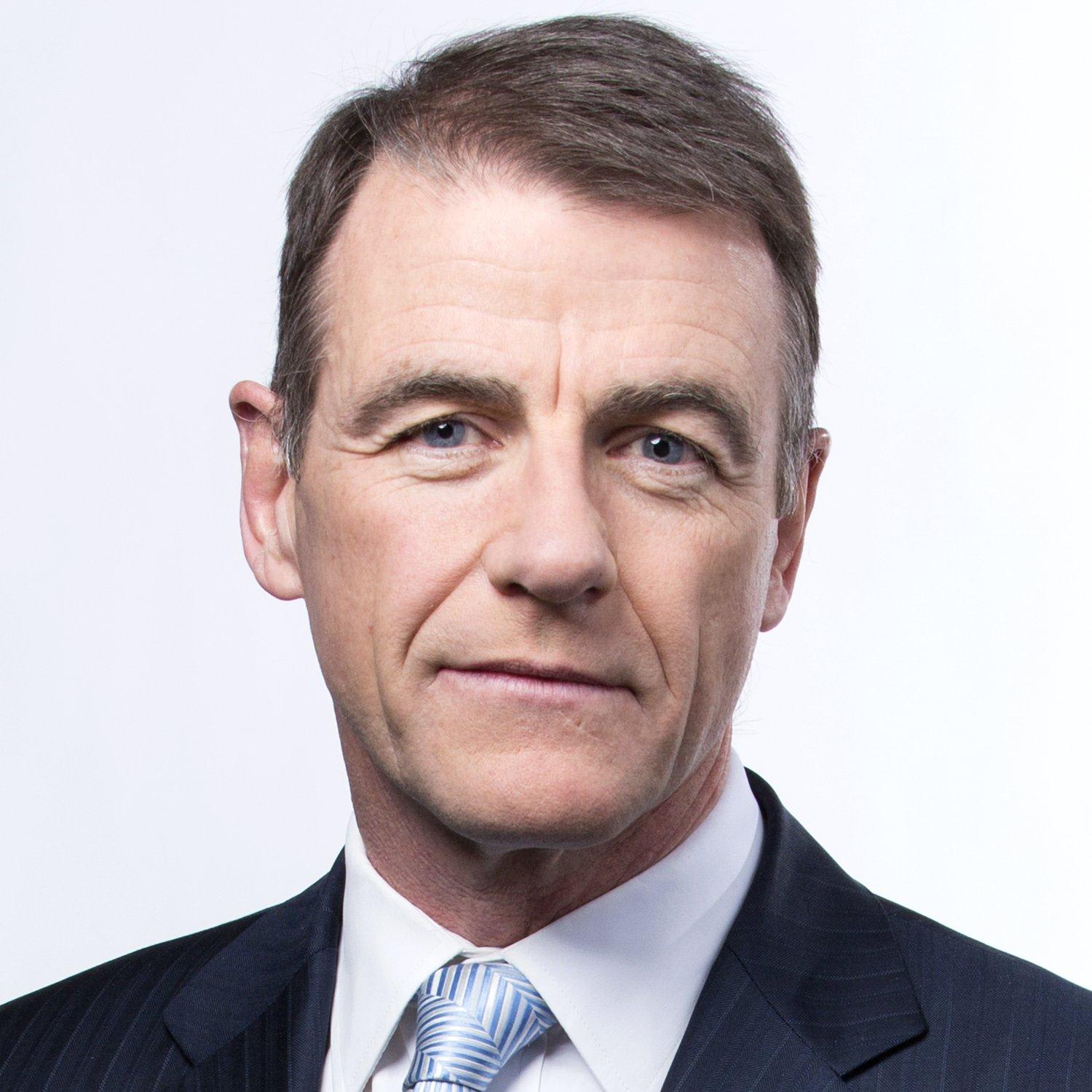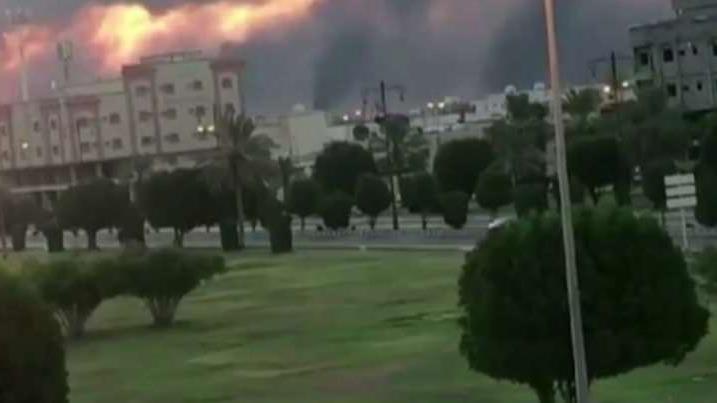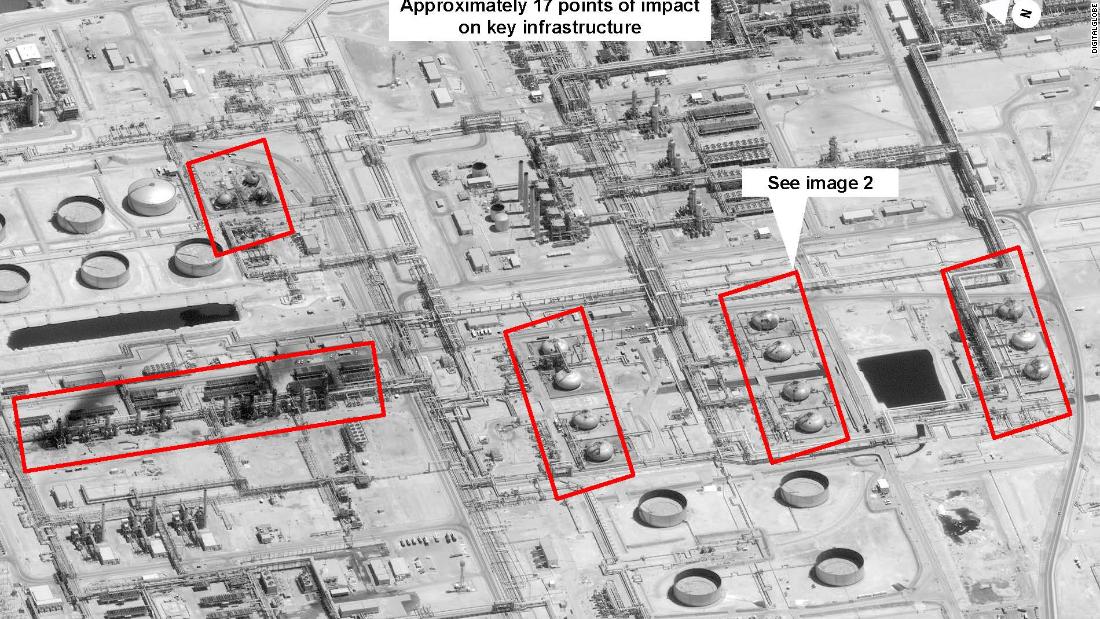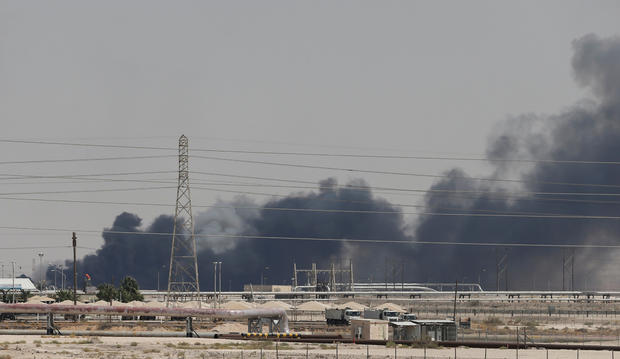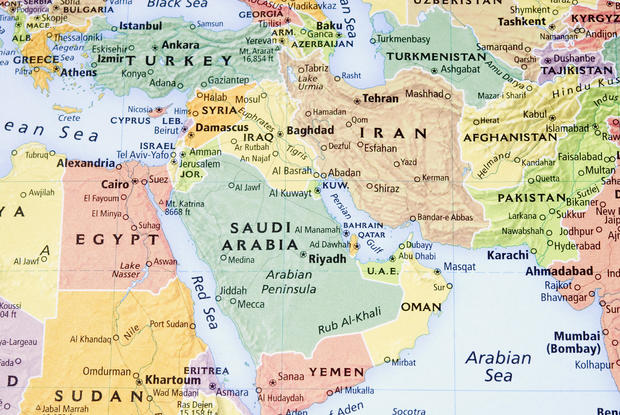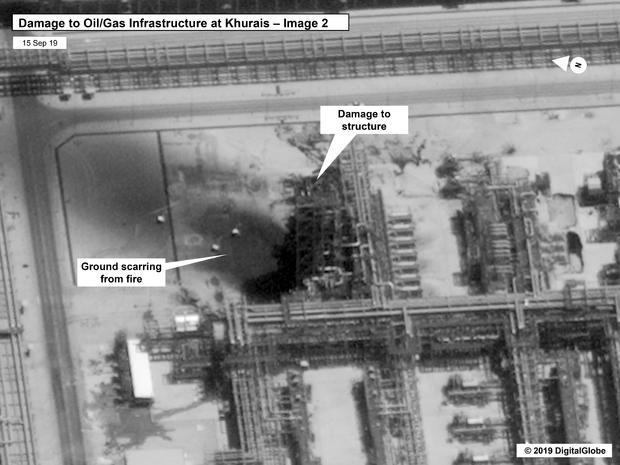TEL AVIV — Israeli Prime Minister Benjamin Netanyahu was fighting for his political life as the country headed to the polls in an unprecedented do-over election on Tuesday morning.
The embattled leader spent the days leading up to the vote unveiling hard-line campaign pledges in a last-ditch attempt to win over right-wing voters and to draw attention away from his potential indictment in three corruption cases.
But it remains unclear whether Netanyahu’s pulling out all the stops will be enough to allow him to form the next government.
His right-wing Likud party is currently running neck-and-neck in the polls with the centrist Blue and White party — with both predicted to win around 32 seats in the 120 seat parliament, according to Haaretz newspaper's poll of polls. Both parties could struggle to form a majority coalition with like-minded partners — potentially delivering another inconclusive result less than six months after the last one.
The majority of polls opened Tuesday at 7 a.m. local time (midnight Monday ET) and will close at 10 p.m. (3 p.m. ET) with exit polls expected to be published by the major Israeli broadcasters shortly afterwards. Official final counts won’t be available for days but a picture of the result should become clear on Wednesday.
At 10 a.m. Tuesday local time (3 a.m. ET) the voting rate was the highest in over 30 years with some 15 percent of voters having cast their ballot, according to Israel’s central election committee.
"President Trump said yesterday that these elections are close. I can tell you this morning they are very close. I call on all Israeli citizens to come and vote, like my wife and I have," Netanyahu said Tuesday as he and his wife Sara cast their vote at a high school in Jerusalem.
Netanyahu's main opponent, the leader of the Blue and White party former army chief of staff Benny Gantz, said Tuesday that a vote for his party was a vote for change.
"Today, we are voting for change. We will succeed in bringing hope, all of us together, without corruption and without extremism," he said, in a thinly-veiled swipe at Netanyahu's legal woes.
Many agree that this election boils down to a referendum on Netanyahu’s time in power. This summer he became the country's longest serving prime minister, surpassing Israel’s founding-father David Ben-Gurion.
“This election is about the same thing that every election in Israel has been about for the last 25 years. Two words: Benjamin Netanyahu,” said Michael Oren, a former Israeli ambassador to the United States.
Tuesday’s re-run election follows an indecisive vote in April in which the Likud and Blue and White party captured 35 seats each. President Reuven Rivlin then asked Netanyahu to try to form a government after consulting with party leaders to see which candidate would have the best chance to cobble together a coalition. But the prime minister fell short of the 61 seats needed to govern by one, after his former ally Avigdor Lieberman refused to join his coalition because he was opposed to the influence of ultra-Orthodox religious parties.
Instead of risking another leader being able to negotiate a coalition government Netanyahu dissolved parliament, triggering a snap election. No party has ever won a majority in Israeli politics.
Beyond the political career of Netanyahu, the election will also decide the future of Israel.
“Likud and Prime Minister Netanyahu propose to continue the path we’ve been on for the last decade,” said Nir Barkat, a former mayor of Jerusalem and member of the Likud party. “Which is to expand international relationships, to increase our security, and naturally our economy is blossoming in the last decade.”
Israeli lawyer Daniel Seidemann, who focuses on geopolitical issues in Jerusalem, said the election was the most decisive in Israel’s history.
At stake was whether Israel would “remain in the orbit of liberal democracies of Western Europe and the United States or will it pivot in authoritarian directions and become a personality cult of Netanyahu,” he said.
In an effort to tilt the balance in his favor, Netanyahu dominated Israel’s airwaves and newspaper columns in recent days through a series of announcements including vowing to begin annexing parts of the West Bank, starting with the Jordan Valley, if he is re-elected prime minister.
He also revealed that Israel had discovered a secret nuclear weapons development site in central Iran in an attempt to present himself as Mr. Security. And has also traded on his relationships with President Donald Trump and Russian President Vladimir Putin.
Last week, he claimed that the Trump administration’s peace plan would likely be published shortly after the election.
And over the weekend, Trump appeared to lend Netanyahu a helping hand by saying the pair had discussed the possibility of a mutual defense treaty between the U.S. and Israel and that he looked forward to continuing talks with Netanyahu after the Israeli elections.
But it’s unclear whether the announcements will be enough to get Netanyahu across the line.
“He’s almost a magician. He’s constantly been able to put his hand into a hat and pull out a rabbit, over the last two weeks he’s been putting his hand into the hat and pulling out a dead squirrel,” said Seidemann. “Whether that will have enough impact to prevent his re-election only time will tell.”
One major challenge facing Netanyahu is that he is fighting for re-election under a cloud of expected corruption charges, that have painted him as a hedonist with a penchant for expensive gifts. Israel’s attorney general is expected to decide whether to formally charge the prime minister by the end of 2019 after a pre-trial hearing in October.
"Clearly, Benjamin Netanyahu is weakened and even wounded," said Oren, the former ambassador to the U.S. “This election for Benjamin Netanyahu is not about politics it’s about survival."
There have been some stumbling blocks on the campaign trail too. At an election rally in Tel Aviv on Sunday, supporters chanted Netanyahu's name but the prime minister ultimately failed to show up, sparking speculation as to the reason for his no-show.
The poor political optics came less than a week after Netanyahu was rushed off stage at another rally when sirens rang-out warning of a rocket attack from Gaza — a sight that provided election fodder for his rivals.
If the election produces a deadlock once again, one option for Netanyahu would be to attempt to form a national unity government with the Blue and White party. But Gantz has previously said that he would not join a government with Netanyahu because of the possible corruption indictments against him.
Netanyahu, who is seeking a fifth-term in office, is unlikely to agree to serve under any other government.
But Seidemann said it was too early to rule Netanyahu out.
“Netanyahu is a cat with nine lines he’s already used 17 of them I wouldn’t take any bets on his political longevity,” he said.
Neely, Goldman and Jabari reported from Tel Aviv and Smith from London.
Associated Press, Reuters, Lawahez Jabari and Paul Goldman contributed.
https://www.nbcnews.com/news/world/netanyahu-fights-his-political-life-israel-heads-polls-n1054841
2019-09-17 10:02:00Z
52780382424932
